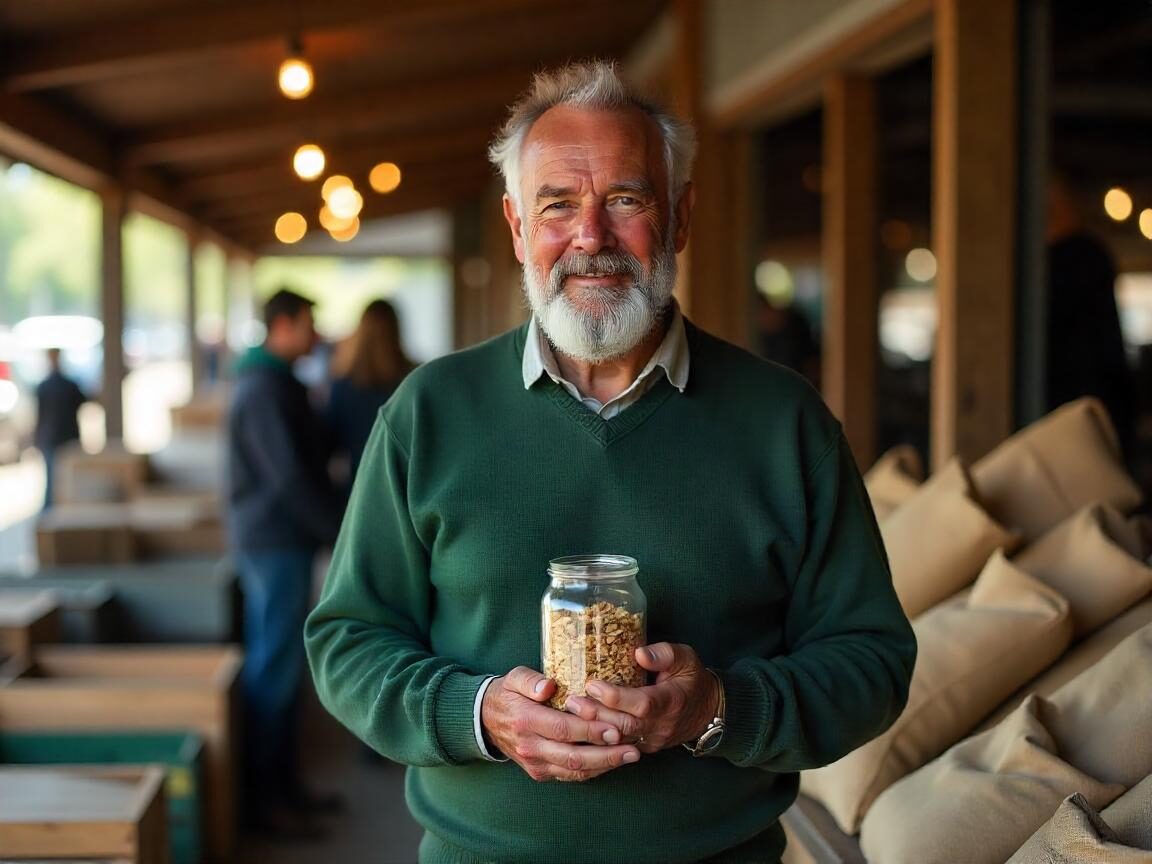Zero waste isn’t just a buzzword—it’s a transformative lifestyle choice that redefines how we interact with the world around us. By aiming to eliminate trash entirely through reusing, recycling, and composting, zero waste seeks to leave nothing behind for landfills or incinerators. In this 1468-word guide, we’ll explore what zero waste means, its principles, benefits, challenges, and practical tips to get you started. Plus, we’ve included an FAQ section to answer your burning questions. Whether you’re new to sustainability or looking to deepen your eco-friendly habits, this article offers clear, actionable steps to embrace zero waste living.
What Is Zero Waste?
Zero waste is a philosophy focused on preventing waste rather than managing it after it’s created. It’s about designing lifestyles and systems where everything—from packaging to products—is durable, repairable, and recyclable. Think of it as a circular approach that mimics nature: nothing goes to waste, and resources keep cycling back into use.
The movement began gaining momentum in the late 20th century as environmental concerns like pollution and resource depletion grew. Today, zero waste inspires individuals, businesses, and even cities worldwide to rethink consumption. It tackles big issues like plastic pollution and deforestation while empowering us to live more sustainably.
The 5 Rs: Core Principles of Zero Waste
Zero waste hinges on five simple yet powerful principles—Refuse, Reduce, Reuse, Recycle, and Rot. Here’s how they work:
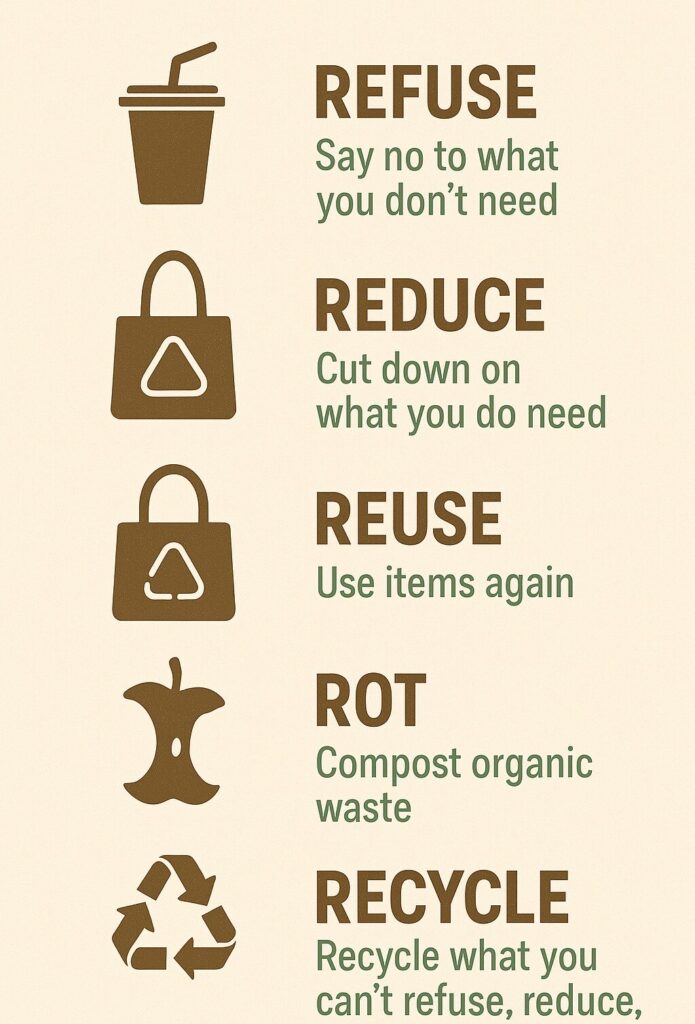
- Refuse: Say no to unnecessary items like plastic bags, straws, or junk mail. This stops waste before it starts.
- Reduce: Cut back on what you consume. Opt for quality over quantity and avoid overpackaged goods.
- Reuse: Give items a second life. Swap disposables for reusable alternatives like water bottles or cloth napkins.
- Recycle: When you can’t refuse, reduce, or reuse, recycle correctly. Follow local guidelines to keep materials out of landfills.
- Rot: Compost organic waste like food scraps and yard trimmings to turn them into valuable soil.
These steps guide you toward a waste-free life, one mindful choice at a time.
Why Zero Waste Matters: The Benefits
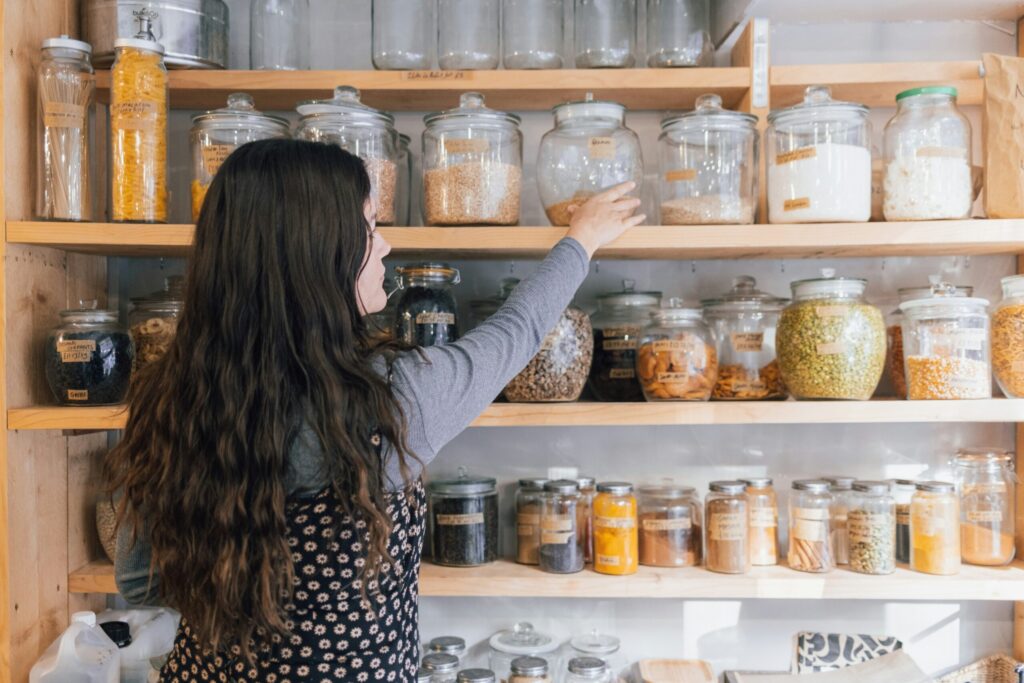
Adopting a zero waste lifestyle brings rewards for you and the planet. Here’s why it’s worth it:
- Environmental Impact: Zero waste reduces landfill use, cutting methane emissions—a potent greenhouse gas. It also conserves resources like water and timber.
- Cost Savings: Reusables may cost more upfront, but they save money over time by replacing endless disposable purchases.
- Health Boost: Avoiding plastics, which can release harmful chemicals, improves your well-being. Natural options like glass or bamboo are safer choices.
- Simplified Living: Zero waste clears clutter, leaving you with essentials that spark joy and purpose.
In short, zero waste benefits your wallet, health, and the Earth.
Overcoming Zero Waste Challenges

Zero waste isn’t without its hurdles, but they’re manageable with the right approach. Here are common obstacles and solutions:
- Limited Access: Bulk stores or composting might not be nearby. Instead, shop local markets, order online, or start a small compost bin at home.
- Social Pressure: Friends or family might question your choices. Share your reasons calmly—understanding often leads to support.
- Time Investment: Planning reusable kits or researching options takes effort. Start small, swapping one item at a time to build habits.
- Upfront Costs: Items like metal straws can seem expensive. Look for secondhand deals or DIY alternatives to keep costs low.
With patience and ingenuity, you can navigate these challenges successfully.
Practical Zero Waste Tips for Beginners

Ready to dive in? These actionable steps make zero waste approachable:
- Do a Trash Audit: Track what you throw out for a week. Identify patterns—like excess packaging—to target first.
- Switch to Reusables: Replace disposables with:
- Cloth grocery bags
- Stainless steel water bottles
- Beeswax wraps instead of plastic film
- Shop Bulk: Bring containers to bulk bins for grains, snacks, or spices, skipping plastic packaging.
- Start Composting: Use a countertop bin for veggie peels and coffee grounds. It’s easier than you think!
- DIY Basics: Make cleaners from vinegar and lemon peels to avoid packaged products.
- Buy Smart: Pause before purchasing. Ask: “Is this necessary? Can it be reused or recycled?”
For more ideas, check out our guide on eco-friendly living.
Zero Waste in Everyday Life
Zero waste adapts to every part of your routine. Here’s how to apply it across different settings:
At Home
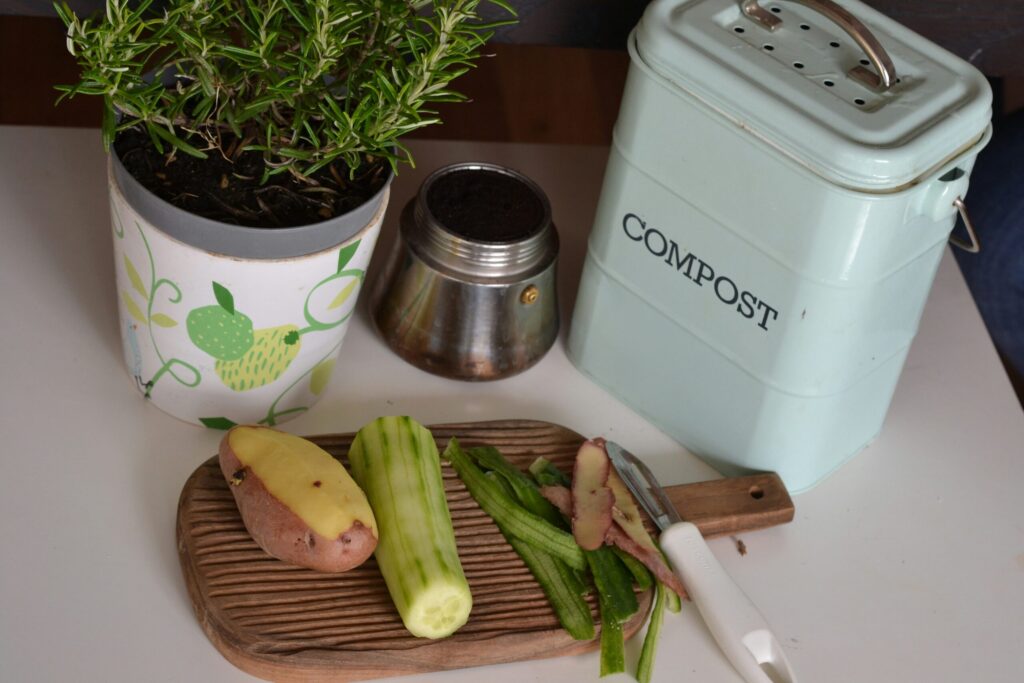
- Kitchen: Store leftovers in jars, buy unpackaged produce, and compost scraps.
- Bathroom: Use bar soap, bamboo toothbrushes, and refillable shampoo bottles.
- Living Areas: Choose thrifted furniture and natural textiles over synthetic disposables.
At Work
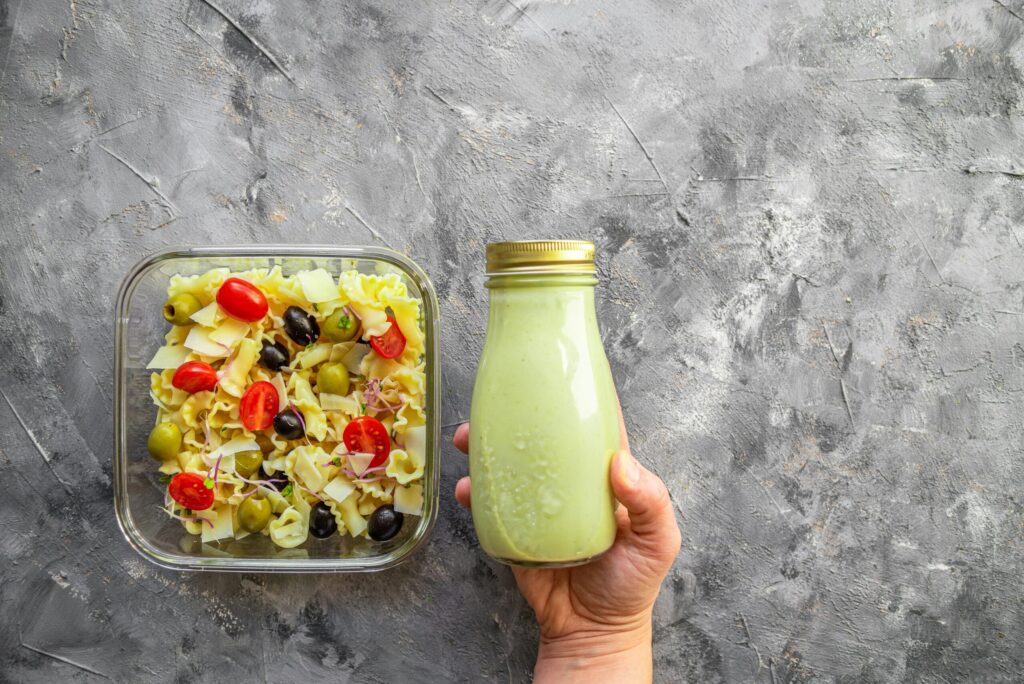
- Lunch: Pack meals in reusable containers instead of grabbing takeout.
- Office: Go paperless with digital notes and use refillable pens.
- Advocacy: Suggest bulk snacks or recycling bins for the workplace.
On the Go
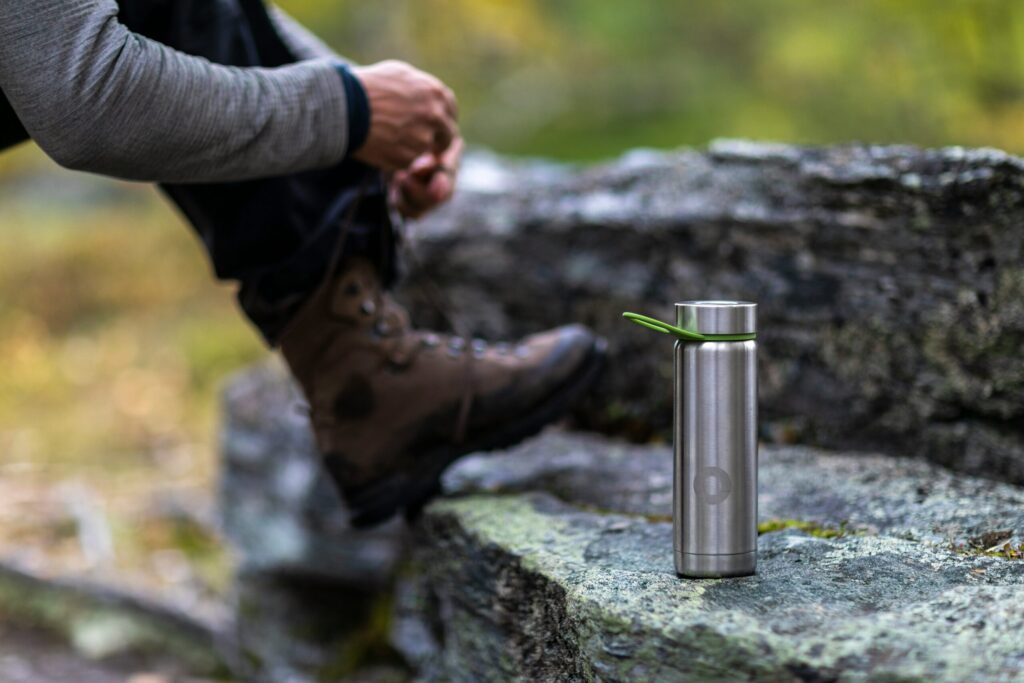
- Travel: Carry a reusable kit—bottle, utensils, and a napkin.
- Dining Out: Request no straws or bring a container for leftovers.
- Events: Opt for reusable cups over single-use ones at gatherings.
Zero waste fits wherever you are, proving sustainability is versatile.
Debunking Zero Waste Myths
Misconceptions can hold you back from zero waste. Let’s set the record straight:
- “It Means No Trash at All”: Zero waste is about progress, not perfection. Even small reductions count.
- “It’s Too Expensive”: Bulk buying and reusing often cost less than constant disposables.
- “It’s Only for Hippies”: Zero waste suits everyone—busy professionals, families, anyone!
- “It Takes Too Much Time”: Once routines form, zero waste saves time by cutting shopping trips for throwaways.
Zero waste is practical and accessible, not a niche ideal.
The Future of Zero Waste
Zero waste is paving the way for a cleaner tomorrow. Here’s what’s ahead:
- Policy Changes: Cities like San Francisco aim for zero landfill waste with bans on single-use plastics.
- Innovations: Biodegradable packaging and advanced recycling tech are emerging fast.
- Corporate Shifts: Brands now offer refill programs—think shampoo stations at stores.
- Community Growth: Online groups and local swaps make zero waste more collaborative.
The movement is gaining steam, and you’re part of it.
For more on sustainability trends, visit Zero Waste International.
Frequently Asked Questions (FAQ)
Got questions about zero waste? We’ve got answers:
What does zero waste mean?
Zero waste is a lifestyle that eliminates trash by reusing, recycling, or composting everything, leaving no waste for landfills.
How do I begin a zero waste lifestyle?
Start small: refuse single-use items, reduce purchases, reuse what you have, recycle properly, and compost organics.
Is zero waste costly?
Not always. Reusable save money over time, and bulk buying can be cheaper than packaged goods.
Can I do zero waste in a tiny space?
Yes! Use compact compost bins, shop bulk with small jars, and repurpose items creatively.
What’s the toughest part of zero waste?
Social settings can be tricky. Bring reusables and explain your choices confidently.
Does zero waste actually help?
Yes! Small actions reduce waste, conserve resources, and lower emissions, making a collective impact.
Take the First Step Toward Zero Waste
Zero waste is an invitation to live intentionally, cutting waste while enhancing your life and the planet’s health. You don’t need to be perfect—just start. Refuse a plastic bag, compost a peel, or reuse a jar today. Every step builds a sustainable future.
Explore more green tips in our sustainable living guide and join the zero waste movement. Together, we can make waste a thing of the past.

